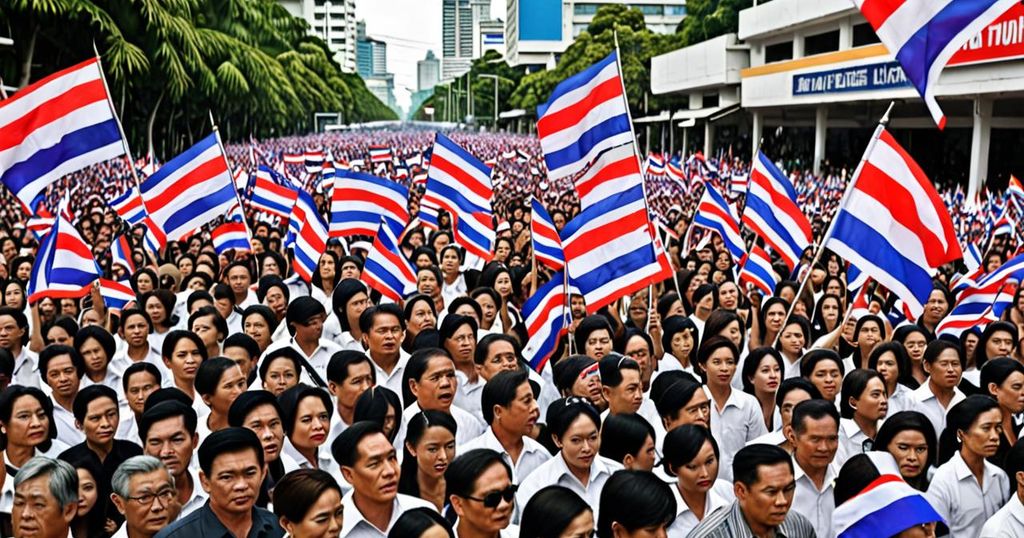Thailand is currently experiencing a period of political unrest as three significant legal cases involving key political figures are poised to usher in a new era of instability. These cases are anticipated to ignite fresh rounds of protests and impede policy-making, presenting substantial challenges to the country’s already delicate economy.
On June 18th, the Constitutional Court is slated to adjudicate a case against the principal opposition Move Forward Party (MFP), a move that could potentially lead to the party’s dissolution. Concurrently, the court will also address a case against Prime Minister Srettha Thavisin, which has the potential to result in his removal from office. While the verdict timelines for these cases have not been disclosed, it is notable that a similar case against the MFP’s forerunner in 2020 took approximately a month to reach a conclusion. Meanwhile, the impending criminal court hearing will mark the formal indictment of former Prime Minister Thaksin Shinawatra, signifying the commencement of legal proceedings against him that could potentially lead to a 15-year prison sentence.
The outcome of these legal disputes has the potential to reignite widespread protests and intensify political unrest in Thailand. Moreover, the uncertainty surrounding the future of prominent political figures may lead to a period of policy paralysis, obstructing the government’s ability to address critical issues and make strategic decisions, consequently impacting the country’s economic stability and growth prospects.
The involvement of key political figures in high-profile legal battles is likely to exacerbate the existing tensions between the government and the opposition, further deepening the longstanding political schism in the country. This could result in prolonged periods of unrest and civil disobedience, creating a challenging environment for businesses and investors.
In conclusion, the impending legal cases involving influential political figures in Thailand are anticipated to have far-reaching ramifications for the country’s political landscape, social stability, and economic prospects. The potential dissolution of an influential opposition party, the prospective removal of the Prime Minister, and the criminal prosecution of a former leader are all factors that have the potential to trigger renewed waves of protests, exacerbate policy gridlock, and hinder economic revival. As these legal battles unfold, it is imperative for all parties involved to prioritize dialogue, uphold the rule of law, and work towards finding peaceful and constructive resolutions to the prevailing political challenges in order to pave the way for a more stable and prosperous future for Thailand.

Leave a Reply